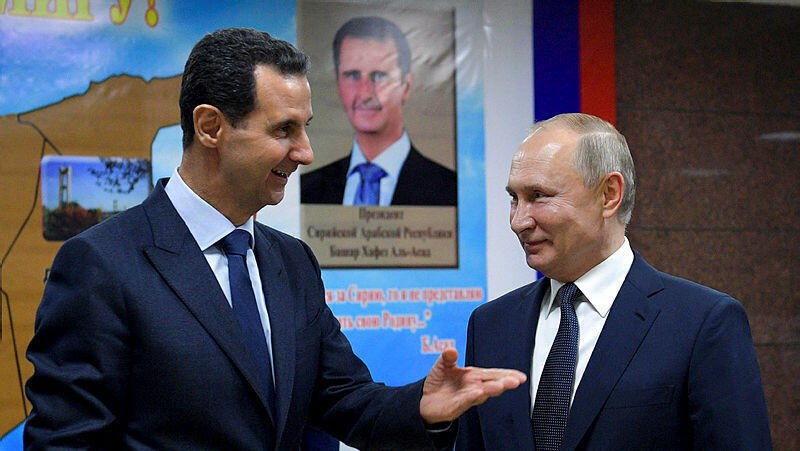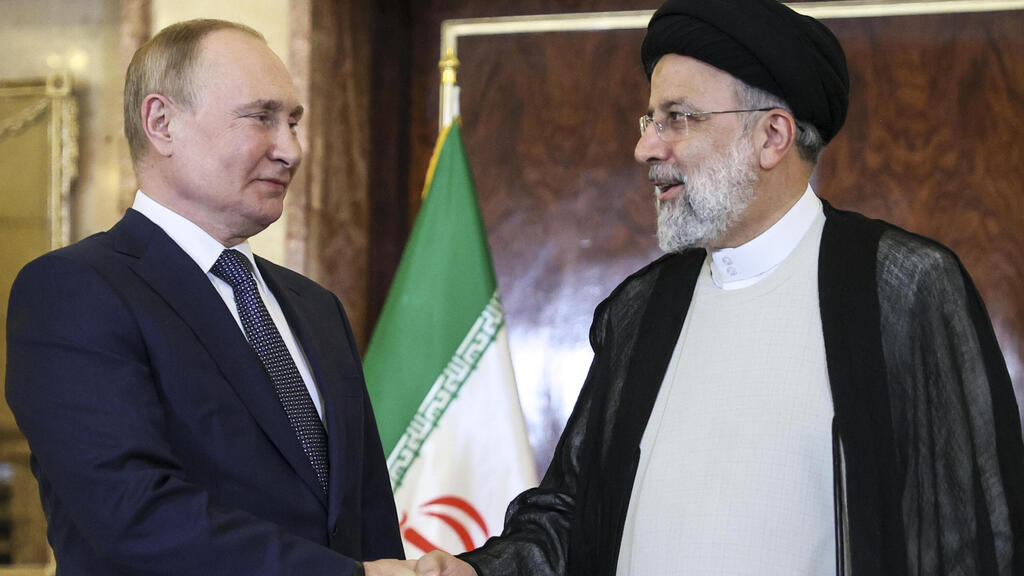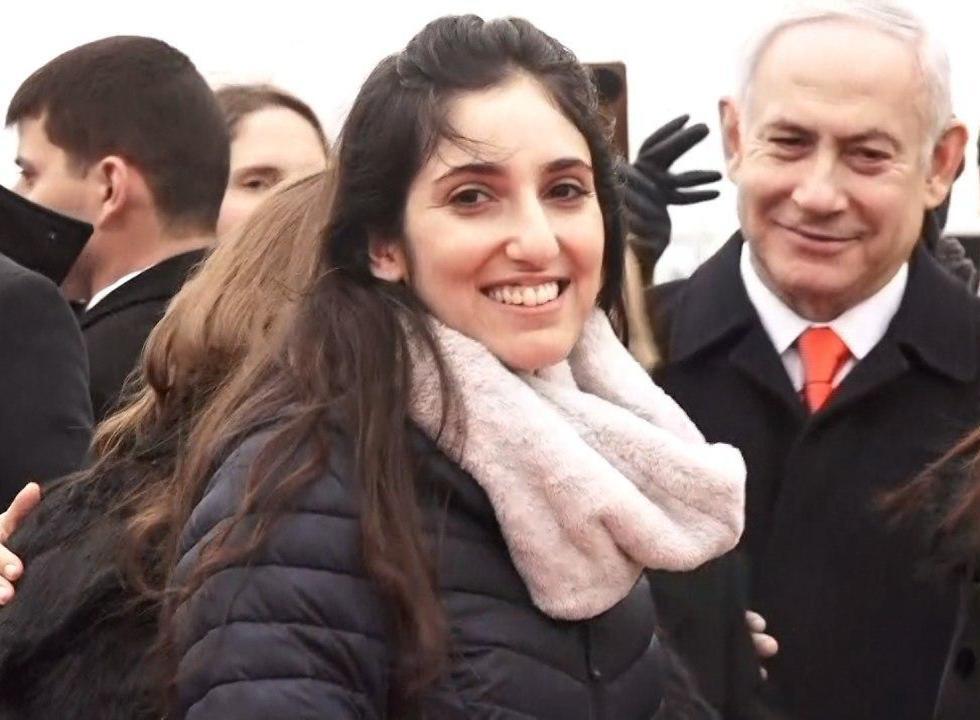Getting your Trinity Audio player ready...
One reason for the latest demands to suspend or end the Jewish Agencies activities in Russia, is the ongoing attacks in Syria, carried out by Israel in its war between wars, against Iran.
The strikes, which exact a high price from the Syrian military, are increasingly raising the ire of President Bashar al-Assad, as they damage his image and apparent control of the area between the capital – Damascus and Aleppo in the north.
Assad complains to Moscow that Israeli missiles and attacking aircraft are not shot at by the Russian forces despite them having the means to do so.
Russia provided Syria with S-300 missiles able to respond to the Israeli attacks but the Russian officers and overseers, prevent the Syrians from activating them.
According to reports in the international media, Assad has been pressuring Russian President Vladimir Putin to change his lax policies towards Israel when it comes to Syria, more so since the Russian invasion of Ukraine, last February and after Putin's international standing and his military's reputation, were damaged.
A senior Israeli source said Putin was concerned that he may lose his strategic hold on the eastern Mediterranean, while at the peak of a conflict with the West.
He is therefore more open to Assad's demands and is pressuring Israel to stop its attacks on targets in Syria – launched to obstruct Iranian precise weapons' supplies from Iran and through Syria, to militias in Lebanon.
The source says Russia is also seeking Iran's assistance to circumvent sanctions imposed on it by the West after the February invasion.
Russia and Iran are competing in oil sales to China, India and others who are not willing to comply with the American and European sanctions.
This competition for the Chinese and Indian markets, has brought down the price of oil and is harmful to both Iran and Russia. Moscow is therefore, urging the two nations, to cooperate. The Kremlin is also interested in exporting good via Iran to avoid the sanctions.
The deal being discussed for Iran to provide Russia with UAVs, is far from finalized. Iran is thus far, unable to provide the Russian military the required drones in time to assist their war efforts in Ukraine.
But that deal too can be perceived as a message to Israel, with Putin positioning on the side of Iran, including on negotiations to resume the 2015 nuclear deal.
Russia and Israel continue to be at odds over Sergei's Courtyard in the center of Jerusalem, which was built by Czar Alexander II.
Then prime minister Benjamin Netanyahu promised Putin that the property would be transferred to Russia in 2011 but was unable to stand by his word because of Israeli legal impediments. However, this long-lasting dispute is likely not at the crux of the current crisis.
Some in the Israeli security establishment are becoming convinced that Russia's move to remove the Jewish Agency at this time and its refusal to grant entry visas to a delegation of Israeli officials who hope to resolve the matter, stems from an intended intervention in Israeli politics.
The Russian conduct could impact Lapid's image as a leader able to navigate international affairs and may harm is chances in the November elections.
Russian observers say that in international matters, Putin has attempted to replace leaders, who were less amenable to him and to his financial and security interests, in the past.
As an example, the observe present Russia's interventions on behalf of Donald Trump ahead of his 2016 race against Hilary Clinton, including the use of cyberattacks, and the use of social media campaigns.
Trump then expressed his gratitude during his term in office, when he praised Putin repeatedly and expressed his affinity for the Russian leader.
Another example was the 2017 presidential elections in France during which French security agencies revealed they had identified a Russian intervention in favor of far-Right candidate Marine Le Pen, who Putin preferred over Emmanuel Macron.
Putin too more overt steps to replace leaders in Chechnya - in 2000, attempted to do the same in the Georgian Republic in 2008, and just lately when he sent his special forces to topple Ukraine's President Volodymyr Zelensky in an assault on Kyiv on the day of the Russian invasion of that country.
This would not be the first time Putin has intervened in Israeli politics. Twice before he made overtures to former prime minister Benjamin Netanyahu, and assisted his campaign, allowing Netanyahu to be portrayed as a major player in the international arena with the ability to enlist Russian support of Israel.
Once such time was when Putin arranged the release of Israeli Naama Issachar who was arrested on drug charges and held in a Russian prison.
Issachar was delivered personally to Netanyahu who then transported her home, and a second time when the remains of Zachary Baumel, an IDF soldier missing since the 1982 Lebanon war, was taken out of Syria and delivered once again to Netanyahu, ahead of the 2019 elections.
Lapid does not have a warm relationship with Putin. He had been outspoken in his criticism of the Russian invasion of Ukraine and in the recent visit of U.S. President Joe Biden, had announced that Israel would increase its assistance to Kyiv.
Putin it seems, does not forgive such positions, and may be why Lapid who hopes to appear as the kind of leader who could navigate opposing powers - to advance Israel's interests, is targeted by Moscow.
The Jewish Agency crisis, therefore, will probably not be solved before November when Israelis go to the pollsץ





